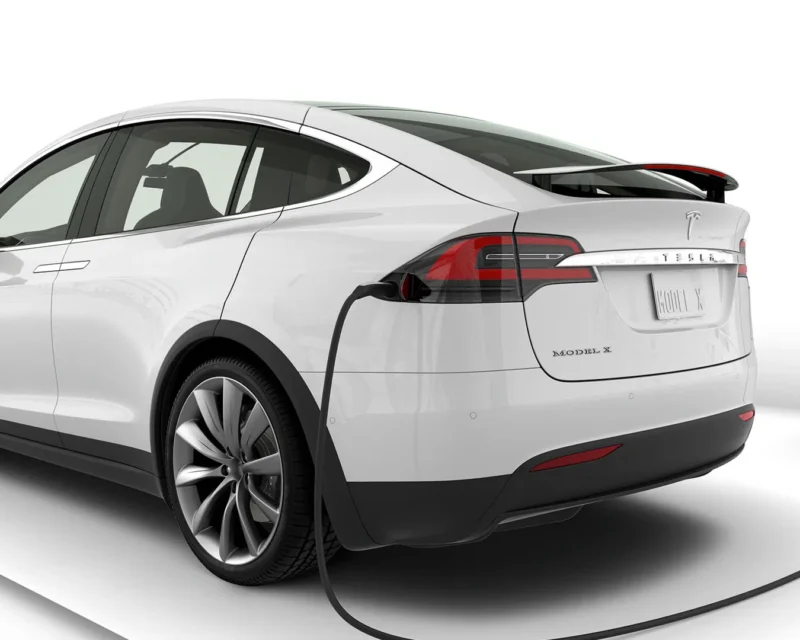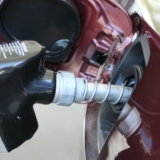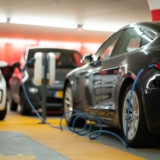Lack of Infrastructure Deters Consumers from Embracing Electric Vehicles
American consumers’ enthusiasm for electric vehicles (EVs) has waned over the past year, with concerns about charging infrastructure playing a significant role, according to the latest J.D. Power 2024 U.S. Electric Vehicle Consideration Study. The report highlights a dip in interest among car buyers, primarily driven by anxiety over the availability and reliability of EV charging stations.
The study reveals that for the first time since it began in 2021, fewer potential car buyers are considering EVs. This shift in sentiment underscores a growing apprehension about the practicality of owning an electric vehicle in the United States, where the charging infrastructure remains less developed compared to traditional fuel stations.
Anxiety about charging availability emerged as the leading deterrent for consumers. Despite increasing awareness of the environmental and economic benefits of EVs, many prospective buyers are reluctant to make the switch due to concerns over where and how they will charge their vehicles. This includes fears about the limited number of charging stations, the time required to recharge, and the potential for long waits at public charging points.
The findings suggest that while the appeal of EVs is strong, especially among environmentally conscious consumers, the logistical challenges of charging are a significant hurdle. These concerns are particularly pronounced in areas where charging infrastructure is sparse, making the daily use of an EV seem impractical for many.
The automotive industry and policymakers face a critical challenge in addressing these concerns. Expanding the network of charging stations, improving the efficiency of chargers, and ensuring reliable access to charging facilities are essential steps to enhance consumer confidence in EVs. Without substantial improvements in these areas, the adoption of electric vehicles may proceed more slowly than expected, hindering efforts to reduce carbon emissions and promote sustainable transportation.
In response to the study, some automakers are already taking proactive measures. Companies such as Tesla, Ford, and General Motors are investing heavily in developing comprehensive charging networks and partnering with third-party providers to improve the availability and convenience of charging options. Additionally, federal and state governments are increasingly recognizing the importance of supporting EV infrastructure through funding and incentives.
The J.D. Power report serves as a crucial reminder that the transition to electric vehicles involves more than just advancing car technology. Addressing the infrastructure needs is paramount to ensuring that consumers feel confident and supported in making the switch to EVs. As the industry and government work together to overcome these barriers, the path to widespread EV adoption will likely become clearer and more attainable.





